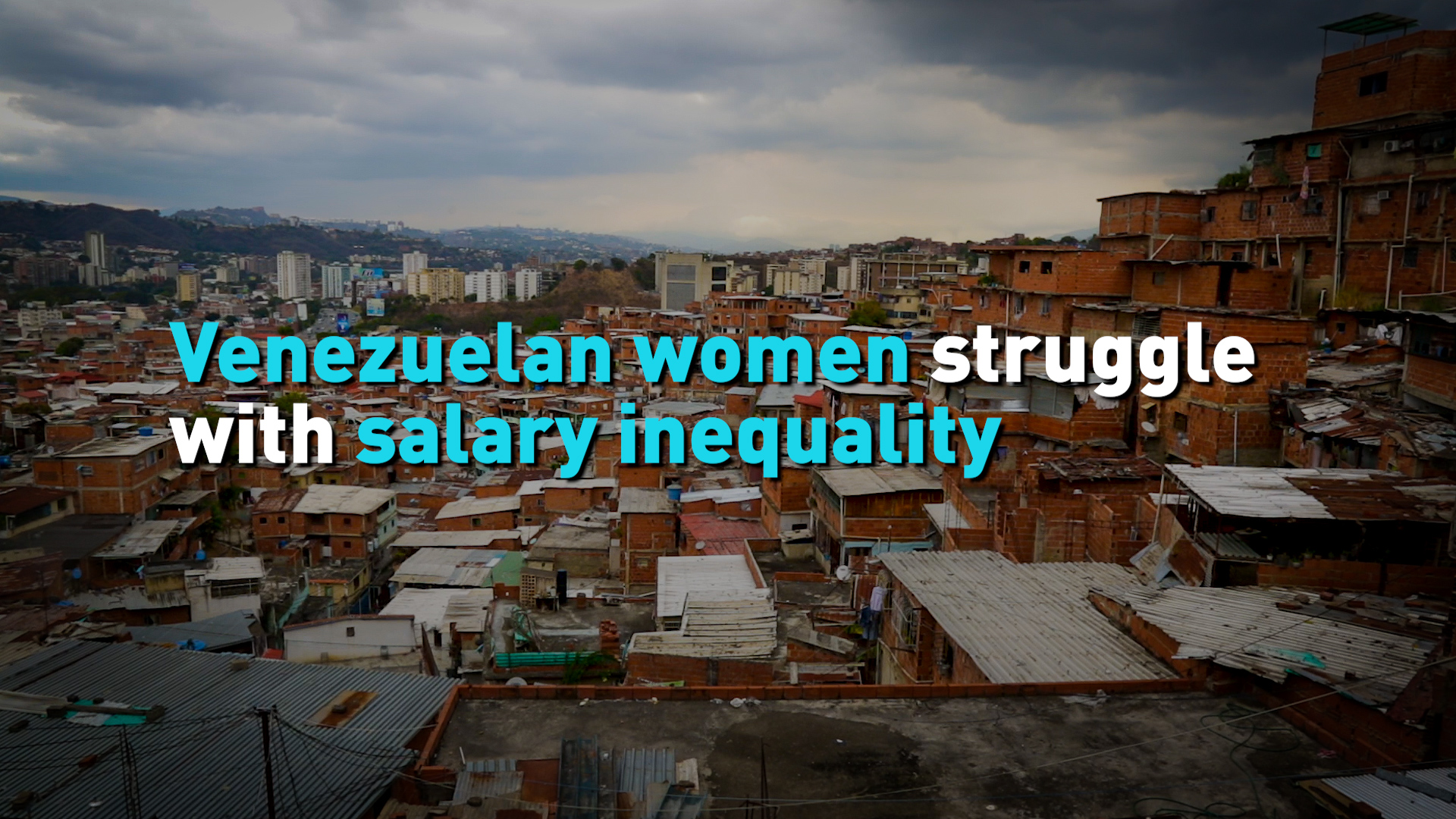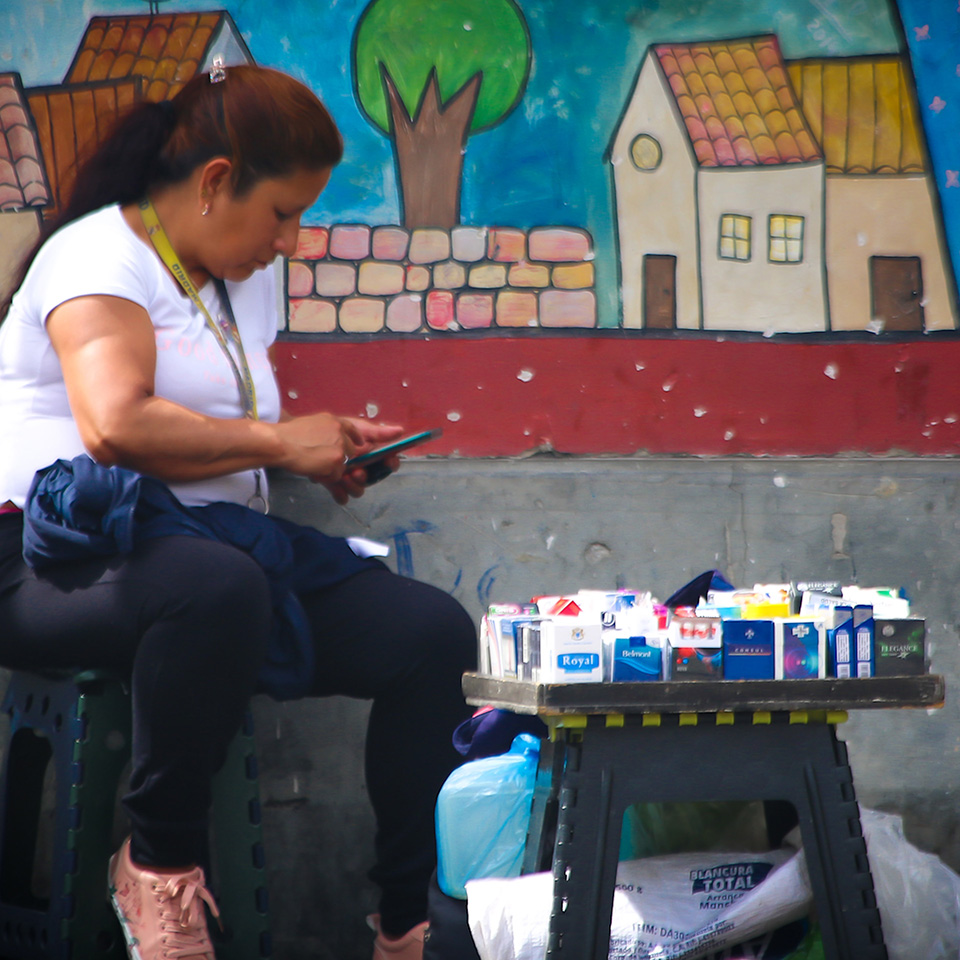01:45

In Venezuela, the majority of household expenses are taken care of by women, even though they earn less than men. Fulfilling the dual roles of motherhood and worker is difficult, but it’s twice as hard under unequal conditions in the country.
Two years ago, 32-year-old Karina Garcia began working from home as a marketing specialist.
Working remotely has helped her keep her career afloat, and to make ends meet for her and her eight-year-old daughter.
But it’s a daily struggle, says the Venezuelan mother. “Every day is a feat. To be able to guarantee utilities at home, to guarantee that you will have breakfast, lunch, and dinner every day,” she says. “That your child can go to school and have money for transportation. That you will have enough money to buy food and work at the same time. It’s a feat every day to be a woman here in Venezuela.”
Amid the country's long-term economic crisis, low salaries have pushed many women to work independently or forced them to join the informal sector of the economy.
Yeiri Pacheco sells snacks and cigarettes at the Sabana Grande Boulevard in Caracas. She’s one of many women looking for better pay and working conditions.
“At a formal job, you get paid less, “ she says. “They offer you several benefits but at the end of the day they are not real, and you work more and get less money.”

Click left or right arrow to see more
Click left or right arrow to see more

Click left or right arrow to see more
Click left or right arrow to see more

Click left or right arrow to see more
Click left or right arrow to see more

Click left or right arrow to see more
Click left or right arrow to see more

Click left or right arrow to see more
Click left or right arrow to see more

Click left or right arrow to see more
Click left or right arrow to see more

Click left or right arrow to see more
Click left or right arrow to see more

Click left or right arrow to see more
Click left or right arrow to see more

Click left or right arrow to see more
Click left or right arrow to see more
Women in Venezuela earn almost 22 percent less than men, according to a recent study conducted by the Inter-American Development Bank. The salary gap is taking a toll on women of different ages and across all education levels.
In Venezuela, 55 percent of households are run by women. And not only do they earn less, but they also they have a lower participation rate in the labor force each year as a result of a deep economic decline and post-pandemic effects.
A recent survey on living conditions found that Venezuelan women are becoming less competitive in management positions.
Researcher Luis Pedro España says the wage gap could be up to 13 times higher between women and men.
“While it is true that women have a preponderant role in the family, that also works against them,” says España, "because they have to assume a set of domestic responsibilities that take up a lot of time and take away many opportunities to participate in the public life."
Being in charge of a household and working full-time is often an obligation rather than a choice, in a country facing high levels of inflation.
For now, Venezuelan women like Karina García try to balance their professional and personal lives.
“There’s always too much social pressure in the labor sector, to be effective, to be productive," explains García. “But when you neglect your children, society is also there to point out that you are not doing it right."
As the gender gap keeps widening in the country, Venezuelan women can only hope the situation will be more equal for the next generation.
For more, check out our exclusive content on CGTN Now and subscribe to our weekly newsletter, The China Report.